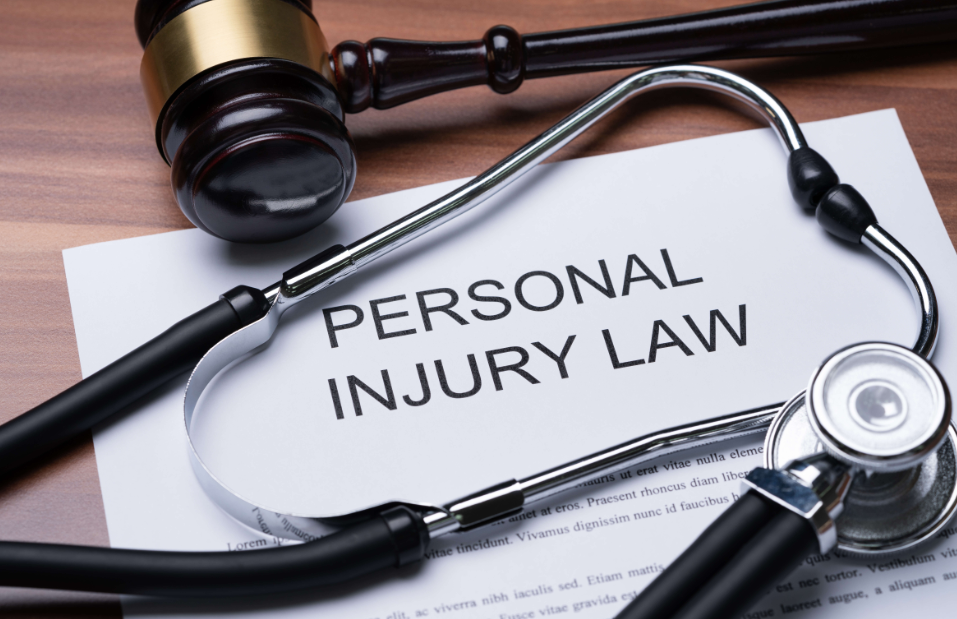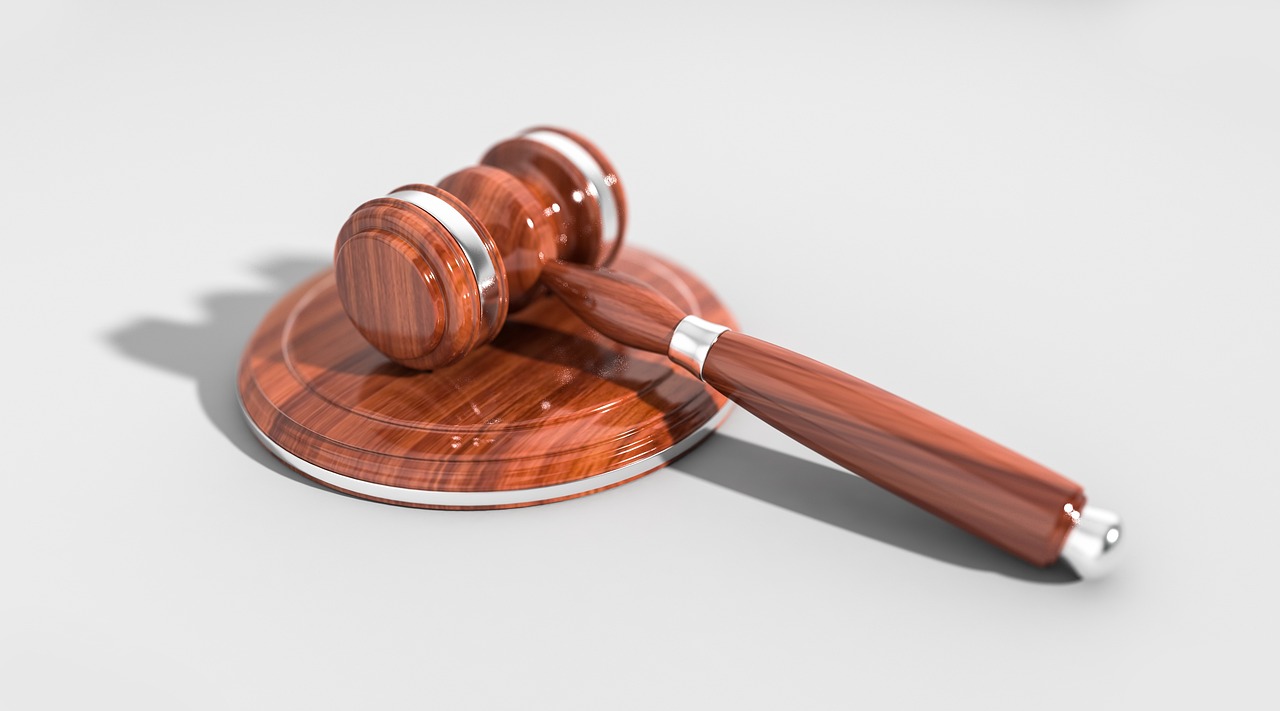Child Custody Evaluations: What to Expect in New Jersey

Child custody disputes can be emotionally challenging for all parties involved. In New Jersey, when parents cannot agree on child custody arrangements, the court may order a child custody evaluation. This process is designed to provide a comprehensive assessment of the family’s dynamics and the child’s best interests. In this article, we will explore the child custody evaluation process in New Jersey, so you can mentally prepare yourself for the process and know the basics before approaching child custody lawyers with your case.
Gathering Information
The custody evaluator (usually a trained mental health professional or psychologist with experience in child custody matters) will collect information through various means, including:
- Interviews: Both parents will be interviewed separately to assess their parenting skills, history, and any concerns they may have.
- Home visits: The evaluator may visit each parent’s home to evaluate the living conditions and the child’s environment.
- Observation: Observing the interactions between each parent and the child is crucial for gauging the quality of their relationships.
- Psychological testing: In some instances, the evaluator may request psychological testing for the parents or the child to gain a better understanding of their emotional well-being.
- Review of records: Review of relevant documents such as school records, medical records, and previous court orders related to custody.
The Child’s Involvement
The child’s age and maturity will determine their level of involvement in the evaluation process. In New Jersey, the child’s preferences may be considered, but the court may appoint a guardian ad litem or attorney to represent the child’s interests.
The Evaluator’s Report and Recommendations
Following the assessment, the evaluator compiles a comprehensive report that includes their findings and recommendations. This report is submitted to the court and shared with both parents and their respective attorneys. The evaluator’s recommendations can carry significant weight in the court’s final custody determination.
The Court Hearing
A court hearing is scheduled to review the evaluator’s report, listen to any objections or concerns raised by the parents, and make a custody decision. The judge considers various factors, including the evaluator’s recommendations, the child’s best interests, and any evidence presented during the hearing.
Possible Outcomes
The court’s decision can vary, but the primary focus remains on the child’s well-being. Possible outcomes may include:
- Sole custody is awarded to one parent.
- Joint custody with shared parenting time.
- Supervised visitation if there are concerns about a parent’s ability to provide a safe and stable environment.
Appeals
If a parent disagrees with the court’s custody decision, they may have the option to appeal. However, appealing a child custody decision in New Jersey can be complex, and it’s advisable to consult with an experienced family law attorney or reach out to experienced child custody lawyers for advice and help.
In conclusion, child custody evaluations in New Jersey serve the essential purpose of ensuring that the best interests of the child are prioritized during custody disputes. Cooperation with the evaluator, legal representation, and a focus on the child’s well-being should guide parents through the evaluation process. Ultimately, the goal is to establish a custody arrangement that provides a safe, stable, and nurturing environment for the child to thrive.





